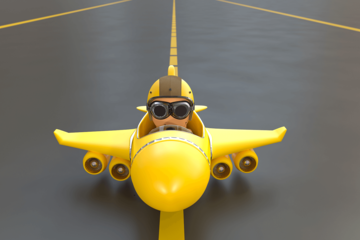We found 23 results that contain "science"
Posted on: #iteachmsu

Assessing Learning
Speech recognition
Posted by:
Rupali Jagtap

Posted on: #iteachmsu

Assessing Learning
Agriculture
Posted by:
Chathuri Hewapathirana

Posted on: #iteachmsu

Assessing Learning
Agriculture
Posted by:
Chathuri Hewapathirana

Posted on: #iteachmsu

Assessing Learning
Artificial Intelligence
Posted by:
Chathuri Super admin..

Posted on: #iteachmsu

Cryptography
Authored by:
Admin

Posted on 1: #iteachmsu

Cryptography
Authored by:
Admin

Posted on: #iteachmsu

Playlist -- Management skills
Authored by:
Vijayalaxmi Mhetre

Posted on 1: #iteachmsu

Playlist -- Management skills
Authored by:
Vijayalaxmi Mhetre

Posted on: Educational outcomes.

Disciplinary Content
Education sciences edit 2
Authored by:
Rohit 936 Pravinchakra chakramurthy Krishna-dwaipayana Namberuman

Posted on 1: Educational outcomes.

Education sciences edit 2
DISCIPLINARY CONTENT
Authored by:
Rohit 936 Pravinchakra chakramurthy Krishna-dwaipayana Namberuman

